It is believed that during his rule in the Soviet Union, Stalin had greater political power than any other historical figure. He helped defeat Hitler's Germany, industrialized the Soviet economy, forcibly collectivized agriculture, and expanded Soviet influence in Europe, Asia, and the world. Today, by forbidden methods, he strengthened his long-standing position at the head of the USSR. Although many consider him a dictator, no one can dispute the fact that during his rule, the Soviet Union became one of the most powerful military-industrial powers in the world.
Children do not choose their parents. Thus, Jacob, Vasily and Svetlana did not choose to have their long-term Soviet dictator Joseph Stalin as their father.

Jakov, Vasilij and Svetlana are the descendants of one of the most powerful people in history, but it has brought them almost no benefit. The children of the first man of the Soviet Union, Joseph Stalin, although they enjoyed privileges when the line was drawn, their lives were tragic and ended in a frightening way. The eldest son, Jakov, died in the camp, the middle one, Vasilij, from alcohol poisoning, while his daughter Svetlana died of colon cancer.

Jacob:
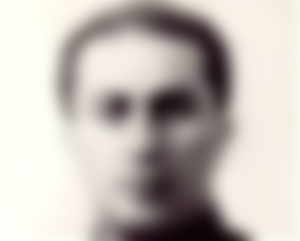
Jacob Dzhugashvili Stalin, the eldest son of the great Soviet dictator, was born in 1907 as the only child of Stalin and his first Georgian wife, Ekaterina, who died eight months after the birth of her son. Jacob grew up with his relatives in Georgia because Stalin was often in prison in that pre-revolutionary era.
Jacob and Stalin never got along well. The clashes were caused by Jacob's wedding to the Jewish dancer Julia Melzer. Stalin, as a great anti-Semite, did not want to have Jews in his family.
By the way, Jakov graduated in electrical engineering and got married three times. He met the third woman after a fight with her husband in a cafe.

He was in World War II as an infantryman, and was captured by the Germans in 1941 after which he spent two years in a concentration camp.
When Hitler's army lost the battle of Stalingrad, the Red Army captured German Field Marshal Friedrich Paulus and the Germans wanted to exchange for Stalin's son. Stalin rejected the proposal because he considered Jacob an ordinary soldier and did not want to give him special treatment.
However, it hit him and he allegedly said after the war:
- Just imagine how many sons ended up in the camps. Which of them would you trade for Paulus? Were they worse than Jacob? I had to refuse. What would millions of fathers from the Party say about me, if I forgot about them and agreed to the offer? No, I was wrong. I was so sorry Jaša! said Stalin.

There are several versions of Jacob's death. According to one version, Jacob heard that his father did not agree to the exchange and allegedly jumped out of the barracks in the Zahsenhausen camp north of Berlin and told the German soldiers to "Shoot", which they did.
Still, some historians claim he threw himself on an electric fence. Later archival data say that he was killed by a guard after Jacob refused to obey his orders. Stalin, hearing that Jacob "Jasa" ended up throwing himself on the fence, considered his son a heroic act and was proud of him.
Vasily:
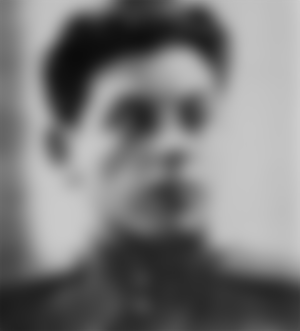
The middle son, Vasily, was born in 1921 as a child from Stalin's marriage to his second wife, Nadezhda Aliluyevna. When he was only 11 years old, his mother committed suicide, and historians note that the greatest support for the inconsolable Stalin at the funeral was precisely Vasily, who did not show emotions.
His father once described him as a "spoiled boy of average ability," wild and rude, and advised teachers to be stricter with him.
Vasilij used his name to gain privileges and privileges, especially when conquering women, and he attended a pilot school. Although he was considered a brave and courageous pilot of the Soviet army, his father was so strict with him that he approved the rank of general only after the 12th time.
All his life he was a passionate consumer of alcohol. He was considered a braggart and a great womanizer, and he married four times. He was known for organizing decadent orgy parties, which Stalin loathed.
He often flew a plane drunk, so his father forbade him to fly for a while. He was the first to start the construction of sports facilities in Leningrad, and it can be said that he is the most deserving of the fact that football and hockey were played in Russia at that time. Vasilij was not afraid of anyone but his father, and he lived in fear of what would happen to him after his father's death.

He and his associates managed to hide a terrible sports tragedy from Stalin in 1950. He took part in covering up the plane crash in which the entire hockey team was killed, as the first man of the club, which was founded within the Soviet Air Force. The dead players were replaced by others during the day, who continued to compete as if nothing had happened. Many historians believe that Vasily, as one of the most important people in the air force, would be severely punished for insisting that the plane fly in very bad weather. This means that the fear of the father was the main reason for perhaps the most successful cover-up in the history of the USSR.
After his father's death, he had a terrible desire to avenge him because he claimed that his father had been poisoned. Only a month after Stalin's death, he was arrested for "anti-Soviet propaganda", and he admitted the most banal accusations at the trial. At his own request he was appointed auto-mechanic in prison.
After eight years in prison, he was banned from staying in Moscow and his last name Stalin was taken away. He was exiled to Kazan, where he died lonely and rejected in 1962. He was only 41 when he died of alcohol poisoning.
Svetlana:

Stalin's youngest child, Svetlana, was born in 1926. She was only six years old when she lost her mother, and she found out about her suicide only 10 years later. She wanted to study literature, but her father forced her to study history.
She became a professor of history, but later taught Russian literature and English and worked as a translator.
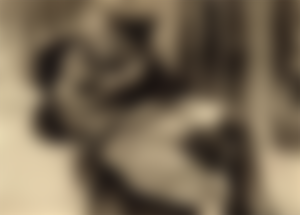
Stalin was gentle with Svetlana as a child and called her a "bird". He showered her with gifts and brought her American movies.
As a 17-year-old, she fell in love with 20-year-old filmmaker Alexei Kapler. He took her to the theater and lent her a forbidden translation of Hemingway's novel "For Whom the Bell Tolls," and Stalin was furious to learn of it. He recorded their telephone conversations and then sent Alexei to Siberia for 10 years.
When she fell in love again with Grigory Morozov, her colleague from the Moscow Faculty, her father did not even want to hear about him. They got married, had a child, a son Joseph, and from the moment they announced their engagement, Stalin told her: "I will never meet your Jew."
She divorced after two years of marriage and soon remarried, this time to a man of her father's will. Yuri Zhdanov was the son of Stalin's right hand man Andrei Zhdanov. In that marriage, a daughter, Ekaterina, was born, but this marriage did not last either.
In the last years of his life, Stalin was very rude to Svetlana, as evidenced by the note of his successor Nikita Khrushchev. He describes how Stalin grabbed Svetlana at a party, pulled her hair and forced her to dance.
After the death of her father in 1953, Svetlana lost many privileges in the country. She took her mother's surname and became Svetlana Alilujeva. She supported herself and her two children by working as an English translator and literary editor.
At the age of 34, she fell in love with the Indian communist Brajesh Singh, who soon moved to Moscow because of her. Soviet authorities forbade her to marry him. They lived together for four years. When he became seriously ill and died, she was barely allowed to take his ashes to India. However, she did not return to Russia from India in 1967, but decided to flee to the United States, and sent her 17-year-old and 21-year-old children back to Russia.
The Americans gave her political asylum and immediately transferred her to the United States via Europe. There, Svetlana publicly renounced her father Stalin, whom she called a "moral and spiritual monster", and burned her Russian passport.
She published "Twenty Letters to a Friend" where she wrote about her father and life in the Kremlin, and the book caused a real sensation. Some state that she earned 2.5 million US dollars from the sale of the book and copyright.
She married the American architect William Peters in 1970 and had a daughter, Olga. She took the name Lana Peters, which she kept even after the divorce three years later. For a time she lived in Cambridge, England, where her daughter studied.
Unexpectedly, she returned to Moscow in 1984, where she was enthusiastically welcomed by the then authorities, and her citizenship of the USSR was immediately restored. However, she failed to find a common language with her son from the first and daughter from the second marriage she left. She settled in Wisconsin, USA, in 1992, and for a time she also stayed in a convent.
In an interview with the Wisconsin State Journal in 2010, she said that her father might still love her, "her red hair and freckles, which she inherited from her mother." But she never forgave his cruelty.
"It ruined my life," she said then. "Wherever I go, to Switzerland, India, Australia, to a desert island, I always remain a prisoner of my father's name."
She died in 2011 from colon cancer at the age of 86. According to the New York Times, she died in poverty because she donated most of the proceeds from her book to charity.
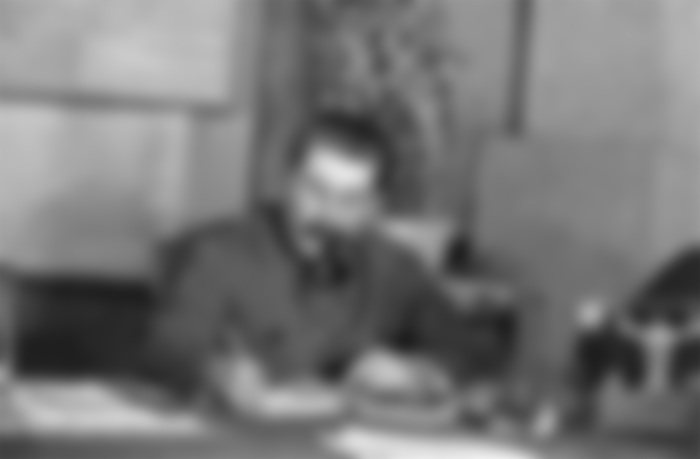
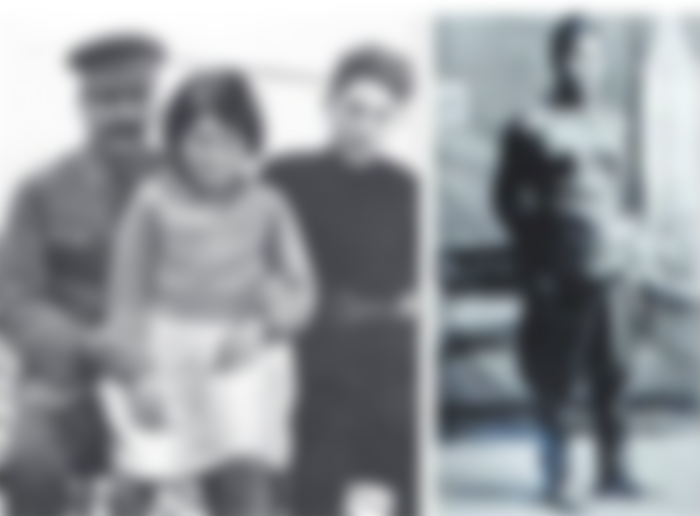
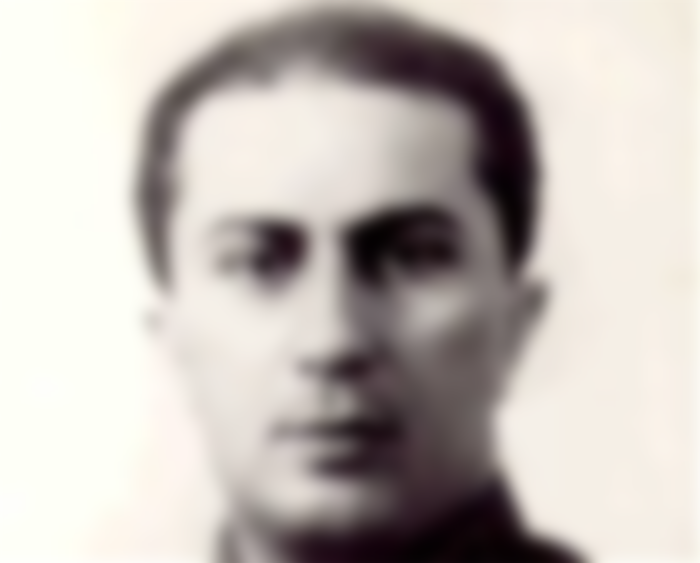
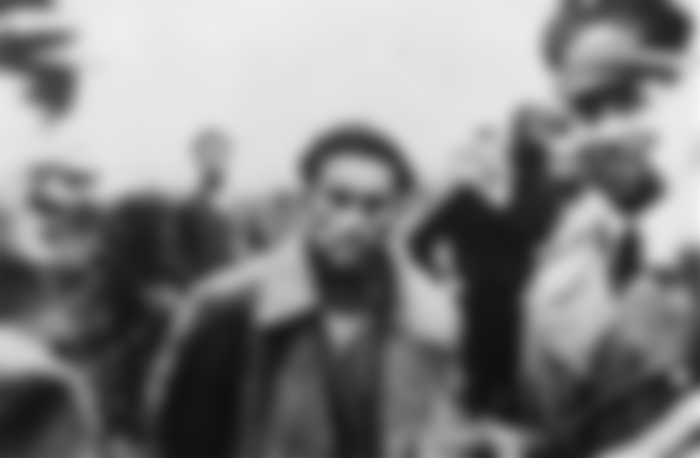
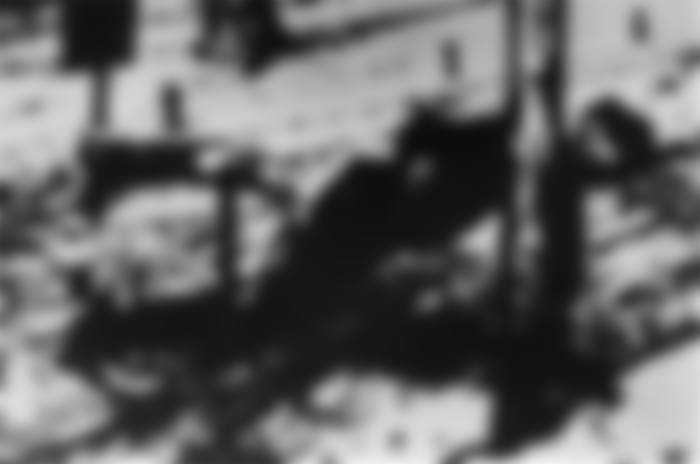
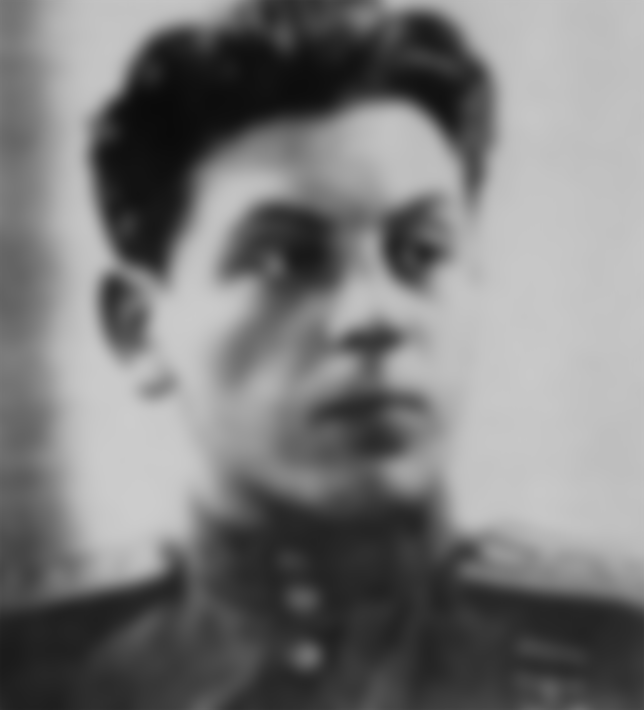
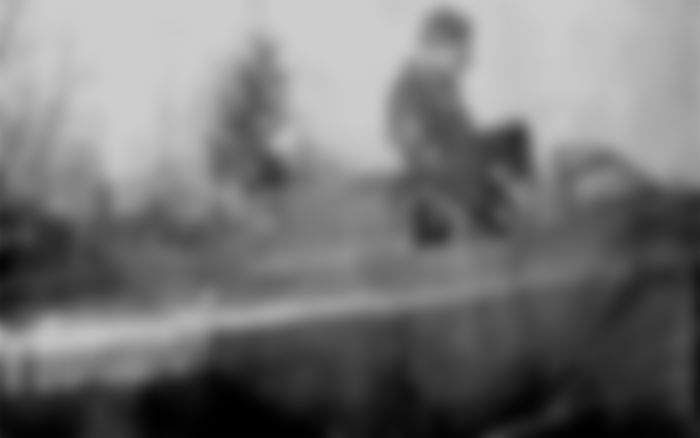
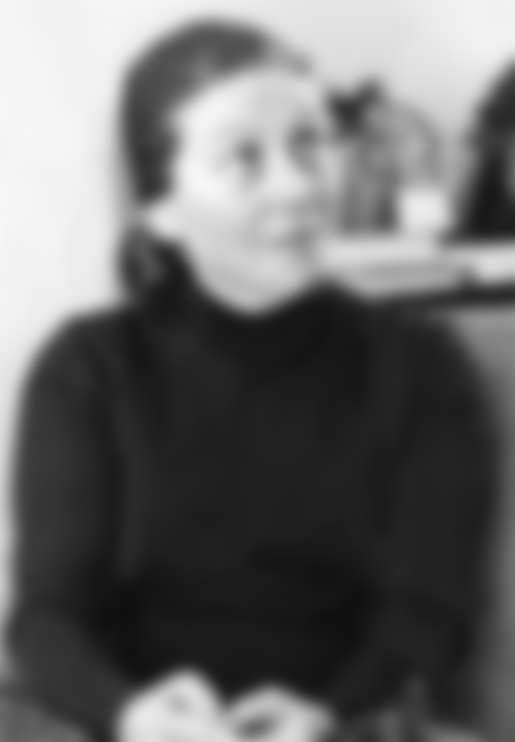
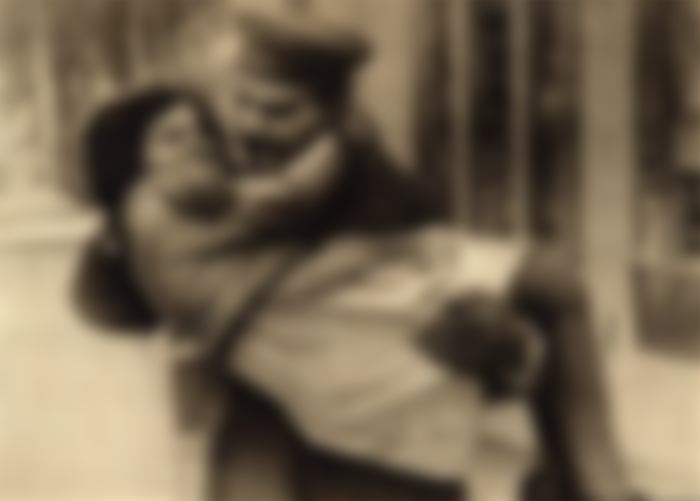
Only the daughter who lived something. I watched a show about him, now is it true, if he chose 16-year-old girls, then he would sleep with them, to give him a child.